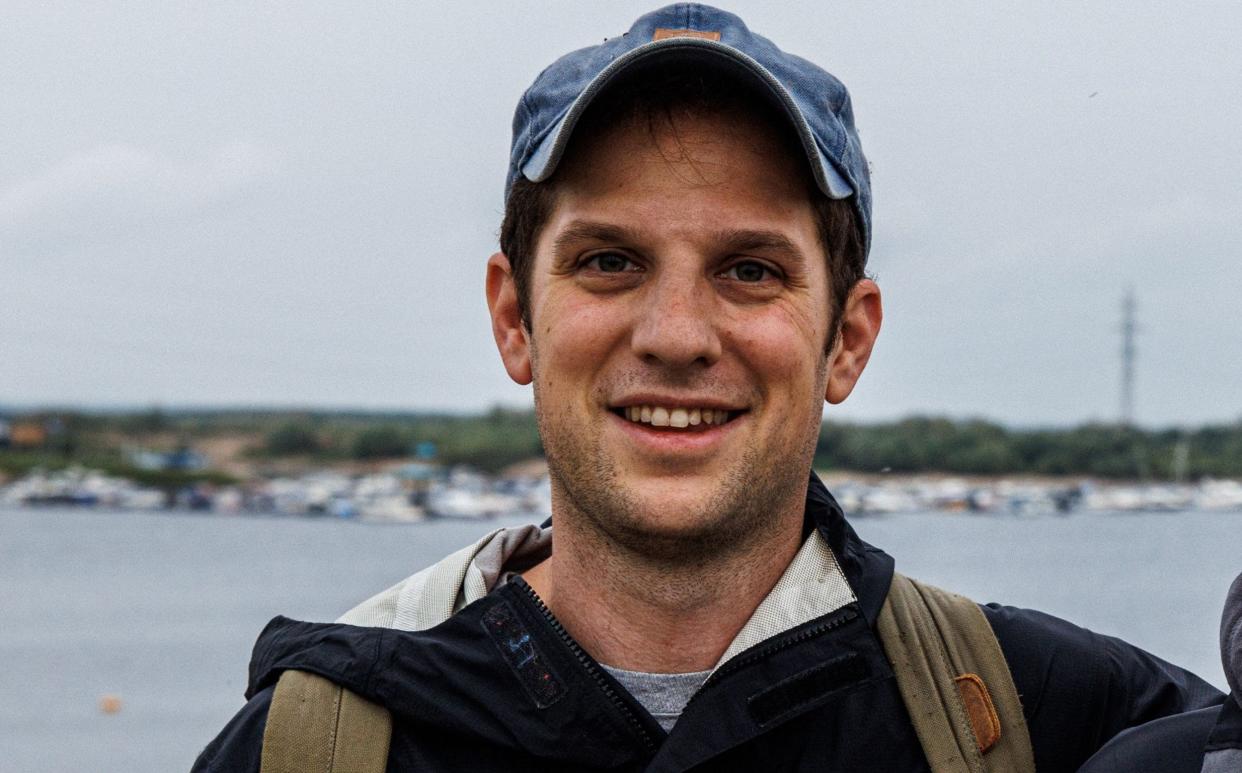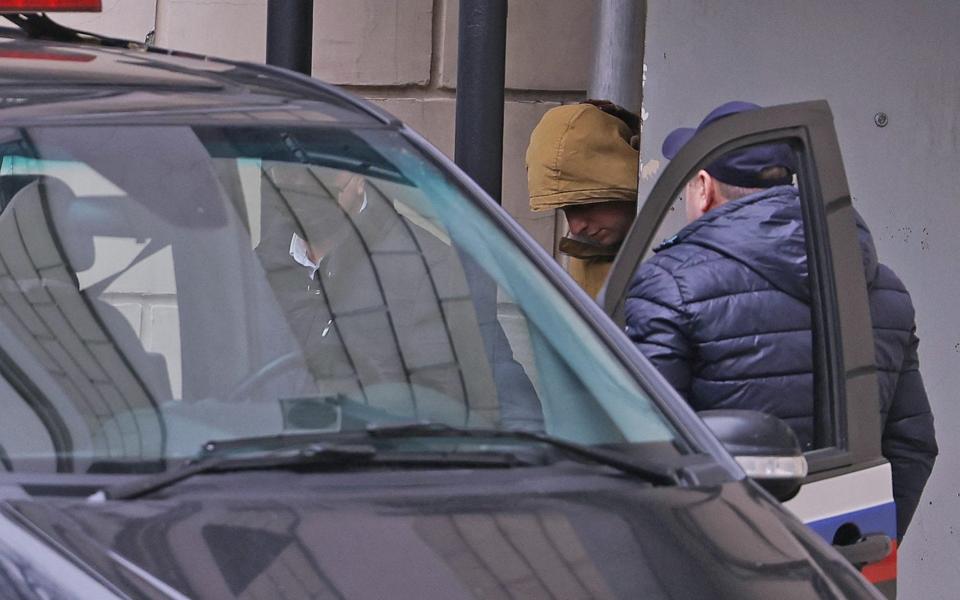Putin has broken one of the last taboos in a naked ploy for leverage

No one who knows Evan Gershkovich believes he is a spy.
Russia’s Federal Security Service (FSB) has yet to present its evidence, but at this stage it seems completely clear that he has been fitted up for simply doing his job: asking people questions, and writing down what they say.
Under expanded war-time national security laws, that might be enough for the FSB to come up with a narrowly legal pretext for holding him, however absurd.
It is already being speculated that the true purpose is to gain a hostage - someone the Russians can use as a bargaining chip to secure the release of some of their own citizens held in the West.
As Ivan Pavlov, a Russian lawyer who specialises in national security cases, notes, this is probably a case that will be resolved at the "political level" - not in court.
The entire US press corps can be relied on to pressure the White House to get their colleague back, adding to the likelihood President Joe Biden will agree to a swap.
There is, unfortunately, reason to believe that kind of pressure may be more effective than just grabbing any other US citizen.
In December, the US agreed to exchange Viktor Bout, a notorious arms dealer and apparently top Russian intelligence asset, for Britney Griner, a famous female US basketball player, who had been arrested in Moscow 10 months earlier.
Meanwhile, Paul Whelan, an obscure former US marine arrested on dodgy espionage charges in 2018, but with no such public profile, still languishes in a Russian jail.

But Evan Gershkovich's detention is more than a matter of wrongful arrest.
It also sets an alarming precedent for journalism.
To work legally in Russia, a foreign reporter needs to be accredited with the Russian foreign ministry.
That is not always easy to obtain. Sometimes the process can be inexplicably drawn out. Some people might even be refused.
But once issued, Russian authorities have - generally - respected their own paperwork.
That means much more than access to official press conferences and other events. It also implies a level of protection not afforded to local Russian reporters.
That's not the same as immunity from intimidation or deportation.
In 2011, the Guardian's Luke Harding was refused re-entry to Russia, while the BBC's Sarah Rainsford was stripped of accreditation and expelled in 2021, apparently a tit-for-tat political decision.
But using a spying charge to throw foreign reporters in jail, rather than out of the country, has been unheard of since the Cold War.

 Yahoo News
Yahoo News 
